Seventy years old, more than half of her hair is white, she walks slowly, but every morning she wakes up when the rooster crows, when the dew is still hanging on the leaves. She carefully selects each bunch of vegetables, each eggplant picked the day before, puts them in an old plastic basket that has faded over the years, then calls her son to take her to the market 3 kilometers away from home.
The garden was nearly thirty hectares wide, with green vegetables growing abundantly. If she couldn’t eat them all, she would sell them. Mrs. Hai lived with her son Ba and his wife in a well-built house with full amenities. Yet every morning she chose the corner of Ben Ba market, under the old oil tree, next to the milk shop, to sit hunched over with a bunch of clean vegetables, like a hard-to-break habit.
Many people in the neighborhood saw this and felt sorry for her, advising her to rest: "Oh my god, at this age, why do you still go to the market, Aunt Hai? Stay home and play with your grandchildren, drink tea, and watch cải lương to stay healthy." Mrs. Hai just smiled, a gentle, kind and lively smile. "It's not because I'm poor that I sell, kids. It's a waste not to pick the vegetables in our garden, but I sell them to teach my children and grandchildren to appreciate money and to save money to live." Some people understood, some didn't. Some sympathized, some criticized. Some even shook their heads: "This old lady probably just likes to show off." But she didn't let that bother her. Because she understood that saving is not stingy, but a human principle. Earning a lot or a little is not important, what's important is knowing how to appreciate and preserve every drop of sweat that has been shed to make it.
She had been through the war, had been starving, had given up porridge to feed her children. She had meticulously patched her husband's faded shirt to go to the fields, had cut a small cake in half so her children could eat, while she was left with nothing to eat. Those hardships were not to be complained about, but to be remembered, preserved, and taught to future generations.
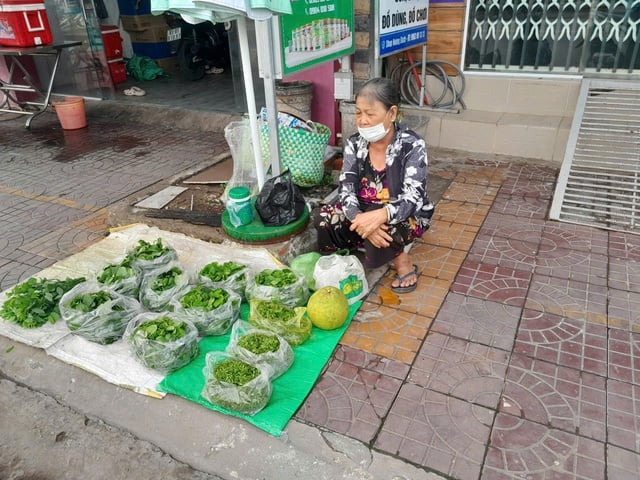
Mrs. Hai chose the corner of Ben Ba market, sitting hunched over with a bunch of clean vegetables like a hard-to-break habit.
PHOTO: PROVIDED BY AUTHOR
One time, Mrs. Hai sat quietly in the middle of the market, her eyes on the grocery store next door. A young girl stepped down from a shiny SH motorbike, wearing high heels, pressing her phone in one hand and holding a cup of milk tea in the other. She gave the store owner a five hundred thousand bill to buy just two small items. She threw the change into her bag without looking at it, then walked away. She watched, shook her head slightly, and let out a sigh filled with sadness. She had seen countless similar scenes. Children eating only half a loaf of bread for breakfast and then throwing it away. Buying a bottle of water, only drinking a few sips and then throwing it away, as if money was something that could be easily thrown away.
There was even a time when a group of young men sitting near her vegetable stall were chatting animatedly when one of them burst out laughing: "Oh my god, my mother keeps telling me to save money! I said: Mom, I'm going to school, not to become a monk!". The whole group burst into laughter, innocent laughter but unintentionally cutting into Mrs. Hai's heart. Not because of the rude words, but because of the way they didn't understand the true value of labor and money. For her, every penny from selling vegetables was every drop of sweat, every dry season, every heavy rain. Yet, some of them considered it as waste paper, which could be thrown away at any time. She only hoped that later, when they grew up, they would not forget the hardships of their predecessors who built each roof, each road.
She did not spend the money from selling vegetables on herself. She carefully wrapped it in a paper bag, put it in a small drawer, and locked it. She saved it for her grandchildren to pay for their college tuition. That drawer not only contained money, but also contained a strong belief. She believed that one day, her grandchildren would study well, become successful, and go out into the world to make a difference. And most of all, she believed that they would understand that every penny earned had the smell of soil, the smell of sunlight, and the sweat of their grandparents and parents.
Dat, her eldest grandson, was in his second year of college. One summer break, he drove all the way to the market to pick her up. He stood next to the vegetable stall, his voice soft but full of determination: "Grandma, when I make a lot of money, I will take care of you. You should rest, I won't let you suffer anymore!". Grandma Hai looked up, her eyes filled with joy, shining with happiness. She smiled, a gentle, warm smile like a fairy in a fairy tale: "Yes, I'm happy because you love me. But remember, no matter how rich you are in the future, you must know how to save. Don't think that if you have millions, you can spend them however you want. Every coin has its own value, you must know how to respect it. Saving means knowing how to live for tomorrow, my child!".
The market breeze blew by, carrying the fresh scent of herbs mixed with the early morning sunlight, creating a very unique flavor of the countryside. Little birds were hopping on the branches of the oil trees, as if listening together to the silent but meaningful lesson of the old lady. This corner of the Ben Ba - Cu Lao Dung countryside market, seemingly the most ordinary place, yet contained a profound philosophy of life. People could pass by, not buying vegetables, but everyone had to turn back to look at the familiar sitting posture, the gentle but determined eyes of Mrs. Hai.
There, there are not only bunches of fresh green vegetables, plump eggplants, but also a vivid lesson about thrift and morality. No blackboard, no white chalk, no formal sermons, only an old woman with white hair, sitting quietly in the morning sun, saving every penny, to sow a seed in the hearts of the next generation: knowing the value of labor, knowing how to live frugally to live a more decent and useful life.
The fifth Living Well Writing Contest was organized to encourage people to write about noble actions that have helped individuals or communities. This year, the contest focused on praising people or groups that have performed acts of kindness, bringing hope to difficult situations.
The highlight is the new environmental award category, honoring works that inspire and encourage action for a green, clean living environment. Through this, the Organizing Committee hopes to raise public awareness in protecting the planet for future generations.
The competition has diverse categories and prize structure, including:
Article categories: Memoirs, reports, notes or short stories, no more than 1,600 words for articles and 2,500 words for short stories.
Articles of memoirs, reports, notes:
- 1 First Prize: 30,000,000 VND
- 2 Second prizes: 15,000,000 VND
- 3 Third prizes: 10,000,000 VND
- 5 Consolation prizes: 3,000,000 VND
Short story:
- 1 First Prize: 30,000,000 VND
- 1 Second Prize: 20,000,000 VND
- 2 Third prizes: 10,000,000 VND
- 4 Consolation prizes: 5,000,000 VND
Photo category: Submit a photo series of at least 5 photos related to volunteer activities or environmental protection, along with the name of the photo series and a short description.
- 1 First Prize: 10,000,000 VND
- 1 Second Prize: 5,000,000 VND
- 1 Third Prize: 3,000,000 VND
- 5 Consolation prizes: 2,000,000 VND
Most Popular Prize: 5,000,000 VND
Prize for Excellent Essay on Environmental Topic: 5,000,000 VND
Honored Character Award: 30,000,000 VND
The deadline for submitting entries is October 16, 2025. The entries will be evaluated through the preliminary and final rounds with the participation of a jury of famous names. The organizing committee will announce the list of winners on the "Beautiful Life" page. See detailed rules at thanhnien.vn
Organizing Committee

Source: https://thanhnien.vn/nang-doi-o-goc-cho-que-185250827101441778.htm




![[Photo] Celebration of the 65th Anniversary of the Establishment of Diplomatic Relations between Vietnam and Cuba](https://vphoto.vietnam.vn/thumb/1200x675/vietnam/resource/IMAGE/2025/9/1/0ed159f3f19344e497ab652956b15cca)
![[Photo] National Assembly Chairman Tran Thanh Man receives Cambodian Senate President Hun Sen](https://vphoto.vietnam.vn/thumb/1200x675/vietnam/resource/IMAGE/2025/9/1/7a90c9b1c1484321bbb0fadceef6559b)
![[Photo] General Secretary receives heads of political party delegations from countries attending the 80th anniversary of our country's National Day](https://vphoto.vietnam.vn/thumb/1200x675/vietnam/resource/IMAGE/2025/9/1/ad0cb56026294afcae85480562c2e790)
![[Photo] Ho Chi Minh City is filled with flags and flowers on the eve of National Day September 2](https://vphoto.vietnam.vn/thumb/1200x675/vietnam/resource/IMAGE/2025/9/1/f493a66401844d4c90919b65741ec639)
![[Photo] People eagerly wait all night for the parade on the morning of September 2](https://vphoto.vietnam.vn/thumb/1200x675/vietnam/resource/IMAGE/2025/9/1/0cf8423e8a4e454094f0bace35c9a392)
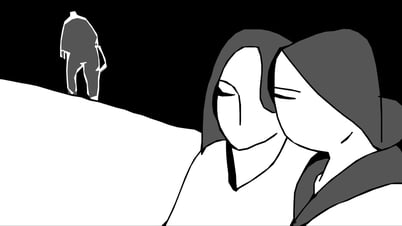
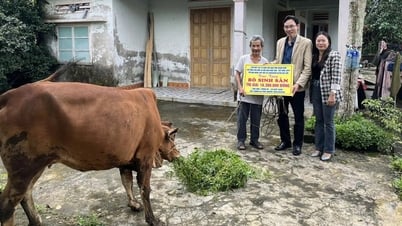



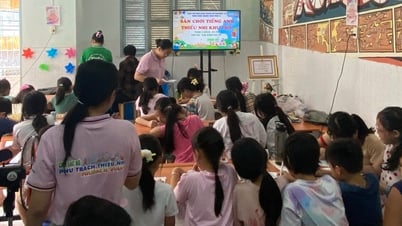
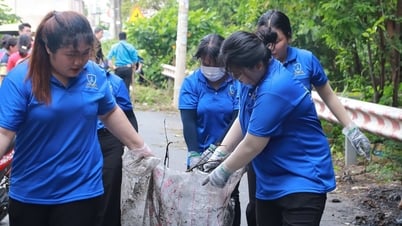






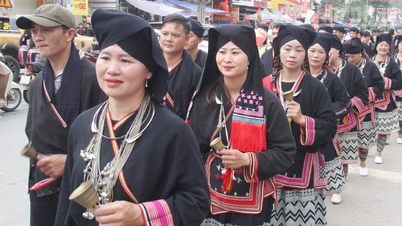












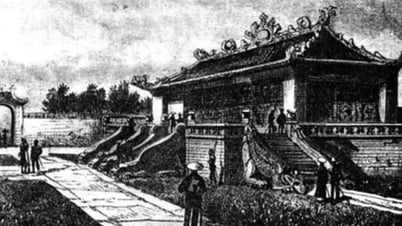
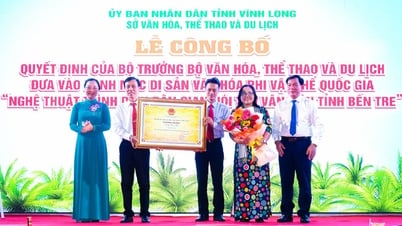

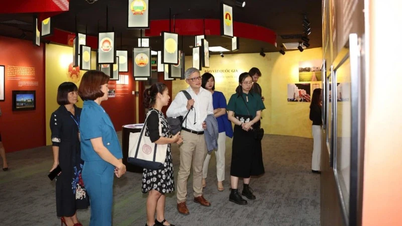







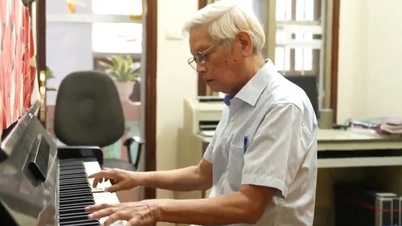
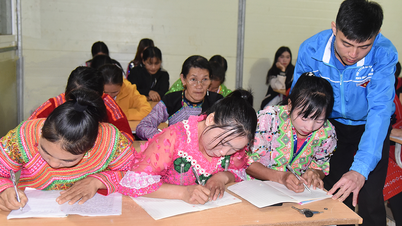



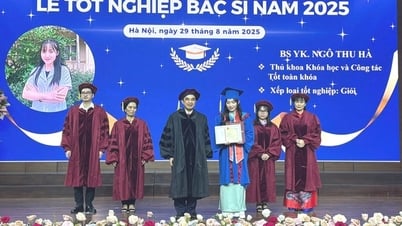







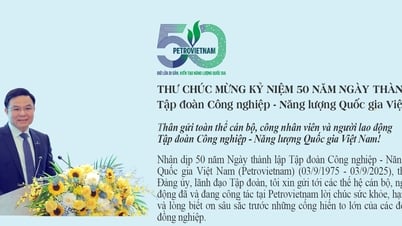
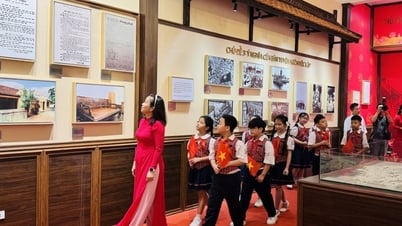
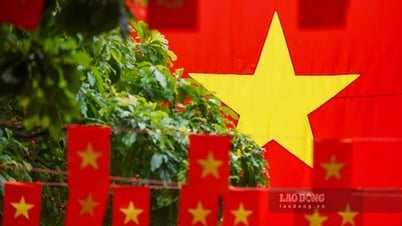



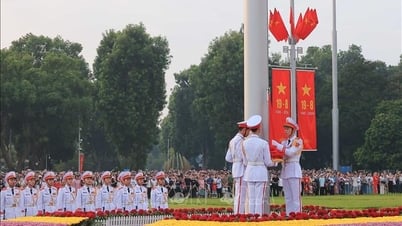



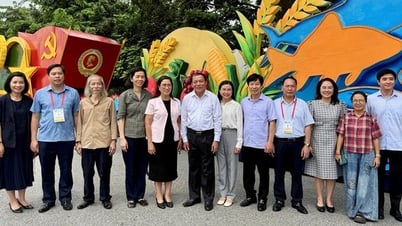



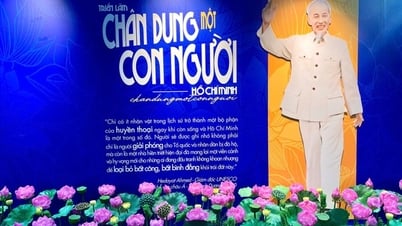




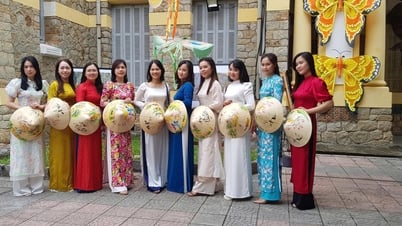



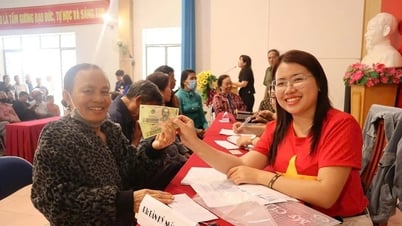
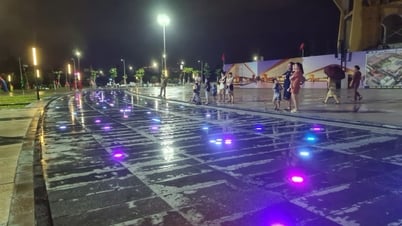
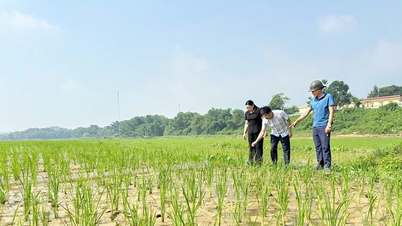

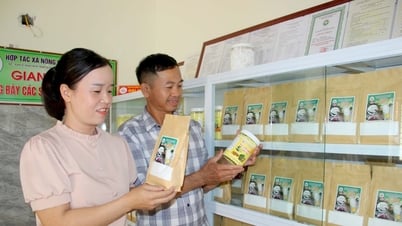

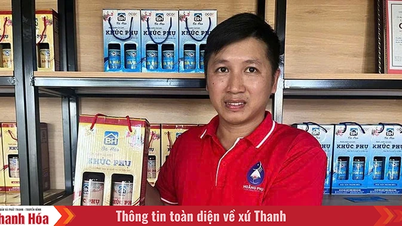


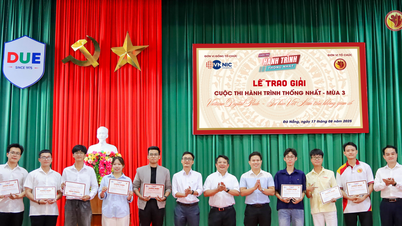

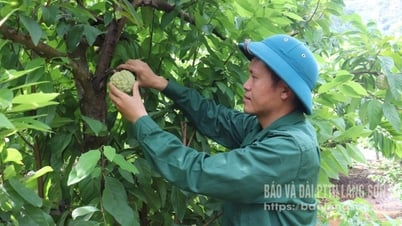




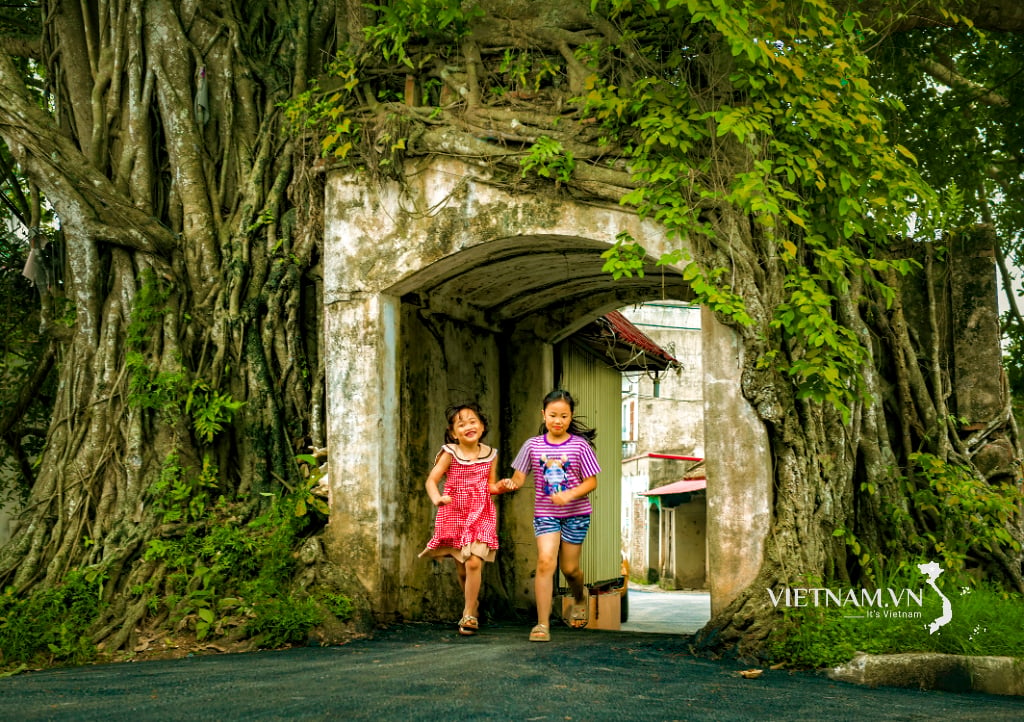

Comment (0)